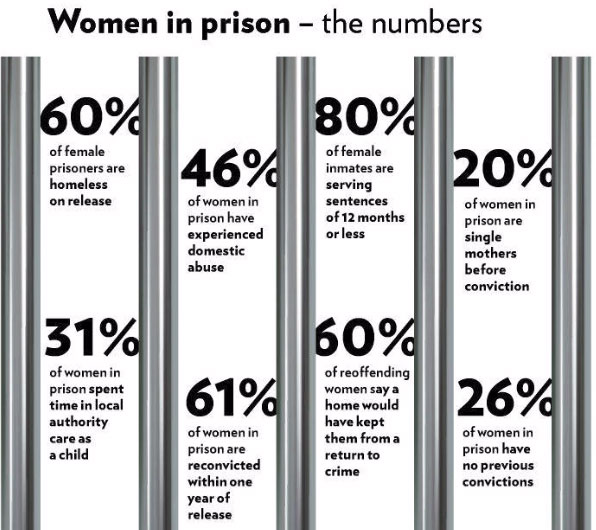With the government shelving plans for five new community prisons after widespread opposition, Justice Secretary David Gauke has outlined a new strategy today that he claims will “break the cycle” of reoffending rates amongst women.
Gauke is the fifth MP to hold the post in just three years. His new female offender strategy looks to put community services at the heart of the new system with five new residential women’s centres.
The MoJ’s claim that “putting women into prison can do more harm than good for society” is backed up by the figures, but a pitiful £5m in funding makes the revamped strategy seem more like a cost-cutting measure dressed up as reform (something which Gauke explicitly denied this morning on Radio 4’s Today).
Last summer, with the prison system was ‘in meltdown’, The Big Issue investigated why it was making women homeless.

A staggering 60 per cent of female offenders became homeless when they were released. In what is certainly no coincidence, the same percentage of reoffenders said they wouldn’t have felt forced to commit other crimes had they found a suitable home of their own on release.
The majority of women in custody (80 per cent) are there on short sentences (less than 12 months) for non-violent crimes, like shoplifting or petty theft. Gaps in provision mean the odds are stacked against them from the onset and release looms with little help on assimilating back to regular life.





